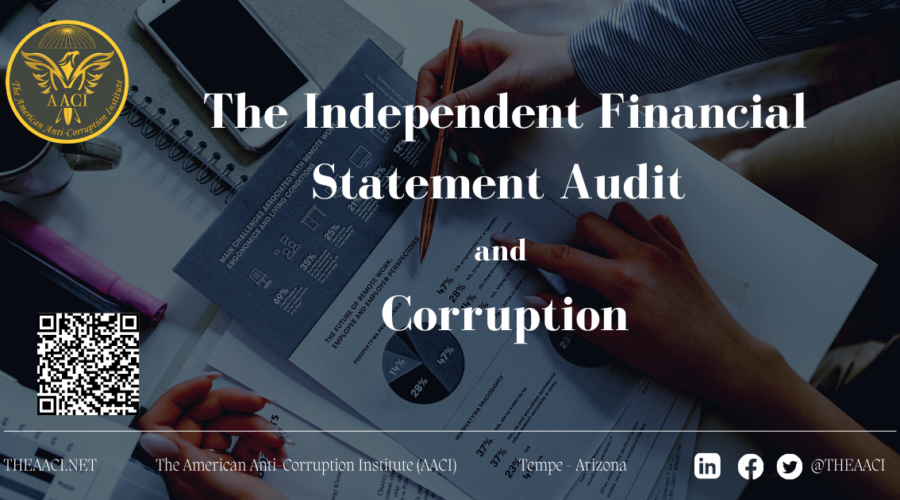March 14, 2022
Technical Staff
Because it is a legislative or stakeholder requirement, organizations may have an independent audit performed on their financial statements. The basic value of a financial statement audit, regardless of the reason for the audit, is to lend credibility to the financial statements being audited. The financial position, results of operations and cash flows must be prepared and presented in accordance with a financial reporting framework by the organization’s management. As a result, investors, creditors, and regulators seek the opinion of a qualified third party on these financial statements.
The Purpose of an Audit
The purpose of an audit of general purpose financial statements is to provide the users of the financial statements with an opinion as to whether the financial statements are presented fairly, in all material respects, in accordance with the applicable financial reporting framework (such as the U.S. generally accepted accounting principles or the IFRS). Presented fairly means the financial statements as a whole are free from material misstatement, whether due to fraud or error.
The Objective of the Audit of the Financial Statements
The purpose of the independent auditor’s ordinary audit of financial statements is to provide an opinion on the fairness with which they depict the financial position, results of operations, and cash flows in accordance with the appropriate financial reporting framework in all material respects (such as IFRS or the U.S. generally accepted accounting principles.)
The independent auditor’s report is the vehicle via which he conveys his opinion or, if the situation warrants, disclaims one. The independent auditor merely declares that he cannot give an opinion on the financial statements when he disclaims an opinion.
The Responsibilities of the Independent Auditor
In a financial statement audit, it’s vital to distinguish between the independent auditor’s responsibilities and those of the company’s management. To avoid any misunderstandings between the tasks of the independent auditor and those of the company’s management, the company’s management, and stakeholders should have a thorough grasp of these responsibilities.
In a financial statement audit, an independent auditor’s responsibilities are:
1. Form an opinion on the financial statements’ fairness based on planning and conducting an audit in accordance with applicable auditing standards (such as the United States generally accepted auditing standards (GAAS) or the International Standards on Auditing (ISAs) in many other countries), by designing and performing audit procedures to gather and evaluate audit evidence forming a basis for his conclusions that would lead to express his opinion on the financial state., AND
2. Express an opinion on the financial accounts under audit in a written report (electronic or paper copy) that explains why the opinion is valid.
The auditor is not required to provide an opinion on the effectiveness of the company’s internal controls unless it has been agreed upon with the company’s management.
Based on information obtained from management during the audit, the independent auditor may make suggestions for the form or substance of the financial statements, or draft them in whole or in part. The auditor’s liability for the financial statements he or she has audited, on the other hand, is limited to expressing an opinion on them.
In accordance with the relevant auditing standards under both GAAS and ISAs, the auditor has a responsibility to plan and perform the audit to obtain reasonable assurance about whether the financial statements are free of material misstatement, whether caused by error or fraud. Because of the nature of audit evidence and the characteristics of fraud, the auditor is able to obtain reasonable, but not absolute, assurance that material misstatements are detected. The auditor has no responsibility to plan and perform the audit to obtain reasonable assurance that misstatements, whether caused by errors or fraud, that are not material to the financial statements are detected.
The Audit and Corruption
The goal of the independent auditor is not to look for fraud or wrongdoing in the financial accounts. However, it is the auditor’s obligation to establish and conduct audit procedures to uncover major misstatements in the company’s “auditee’s” financial statements owing to fraud and corruption.
The independent auditor’s opinion is based on reasonable, not absolute, inferences drawn from the audit evidence gathered during the audit process. The independent auditor’s assurance (opinion) is reasonable, not absolute, due to the nature of fraud and the audit evidence. This means that even if the independent auditor followed all applicable auditing rules, there could still be major misstatements in the financial statements that are undetected, whether due to fraud or error.
Even if the independent auditor delivers an unqualified (clean) audit report, it implies that the financial statements may still contain serious misstatements that the auditor was unable to identify.
Photo by Karolina Grabowska from Pexels











































